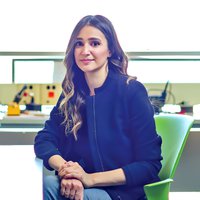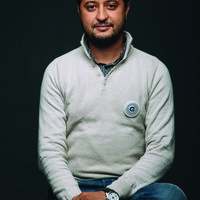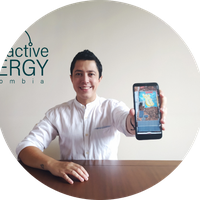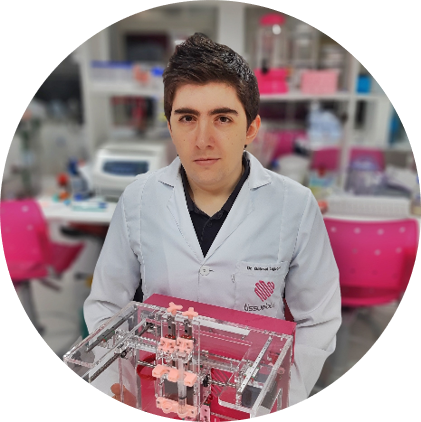Biotechnology & medicine
Gabriel Liguori
His platform for manufacturing cellular tissues using 3D bioprinting could reduce the need for organ donation for transplants.

MENA
Jessica Hanna
Noninvasive, wearable, continuous glucose monitoring system based on electromagnetic technology

Global
Mohamed Dhaouafi
His company’s artificial limbs are not only high-functioning but cheap enough for people in low-income countries.

Latin America
Juan Manuel España
Empowering electricity consumers with a platform to create clean energy systems of your own.

China
Ting He
Using a new generation of CAR-T technology to help humans overcome leukemia and myeloma
